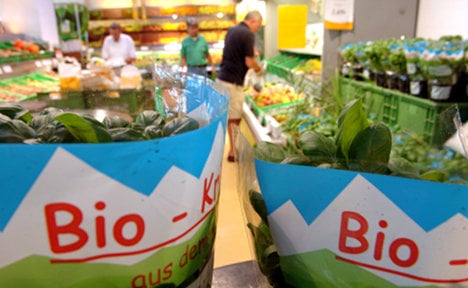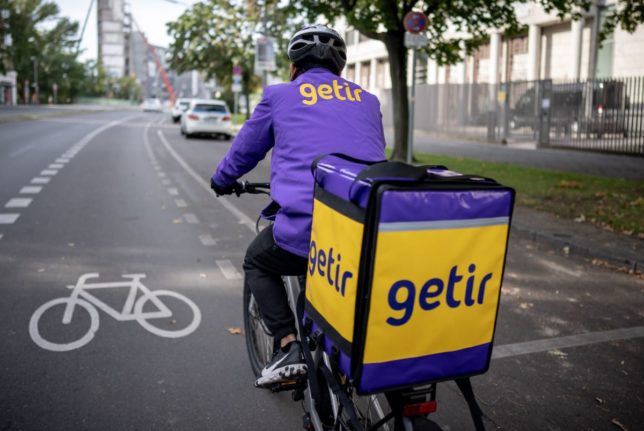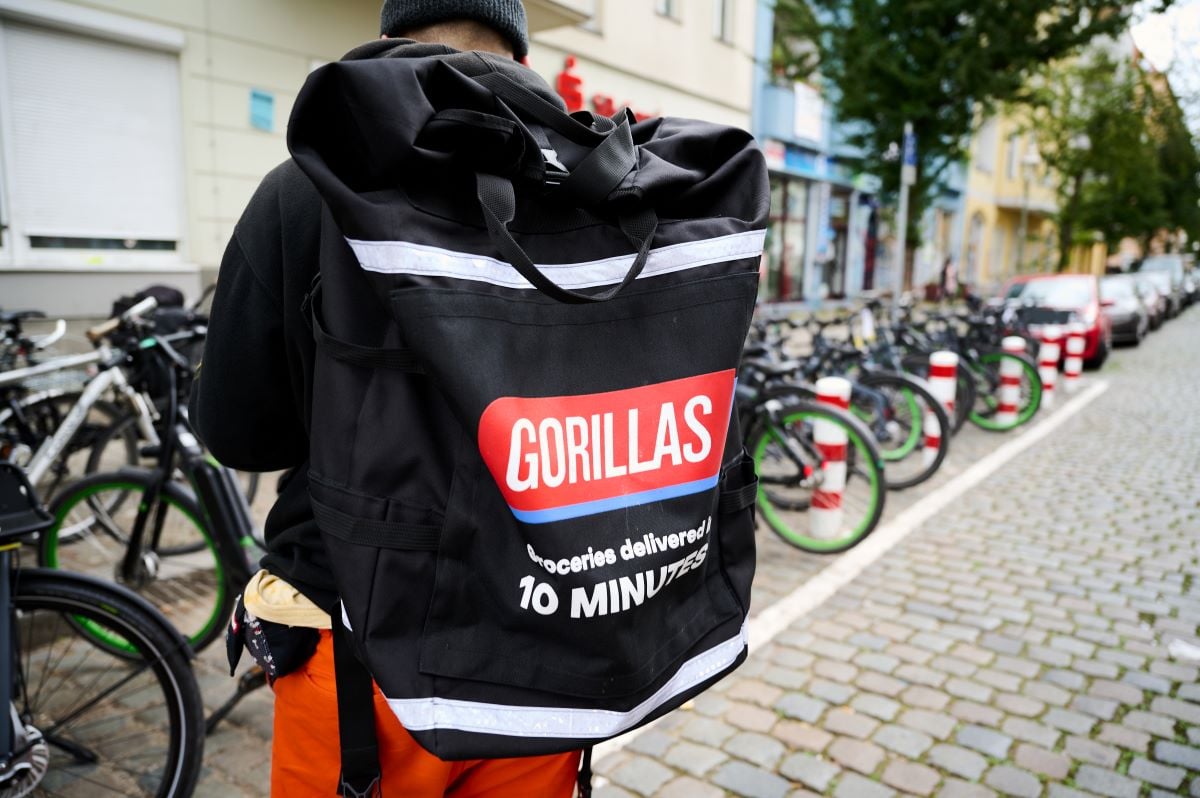Italian authorities said they had busted a scheme in which more than 700,000 tonnes of non-organic food was sold as organic – and sold at the higher prices commanded by such products, making at least €220 million profit, the Tageszeitung newspaper reported this week.
Authorities say at least 543 tonnes of wrongly-labelled grains made it onto the German market – mostly soy beans, which are used to make tofu, as well as being fed to animals.
Germany’s biggest organic food traders Dennree and Alnatura told the newspaper they did not think they were affected, but the paper said it could take a long time until all the products fraudulently sold to be identified.
Police in Italy arrested seven suspects allegedly connected to the fraud on Tuesday and are investigating 13 more as well as confiscating tonnes of goods including fruit, soy beans and wheat suspected of being fraudulently labelled.
Italy is one of the biggest points of origin for imported fresh food products in Germany. And consumers are often willing to pay significantly more for food with an organic label – certified as being produced without additives and chemicals which many people consider harmful. The market for such food is worth more than €3 billion in Germany.
German authorities said they were trying to get information about where in Germany the food had been sent.
A spokeswoman for the Ministry of Food, Agriculture and Consumer Protection said European governments were working to figure out what happened and added: “We and the competent authorities take this case of false labelling of organic products very seriously.”
The Local/DPA/mdm




 Please whitelist us to continue reading.
Please whitelist us to continue reading.
Member comments